
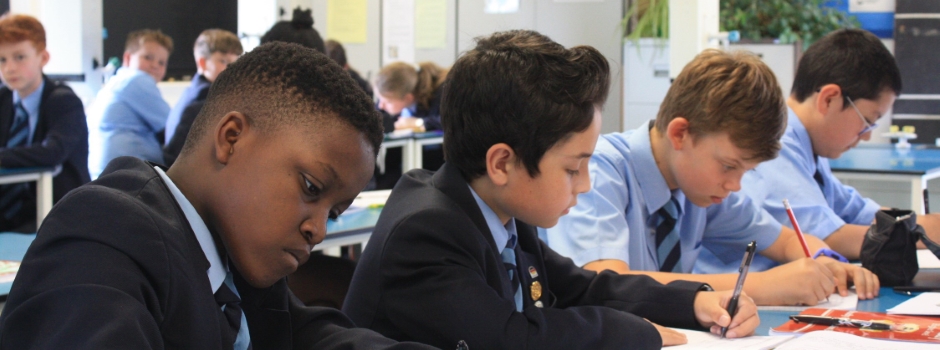




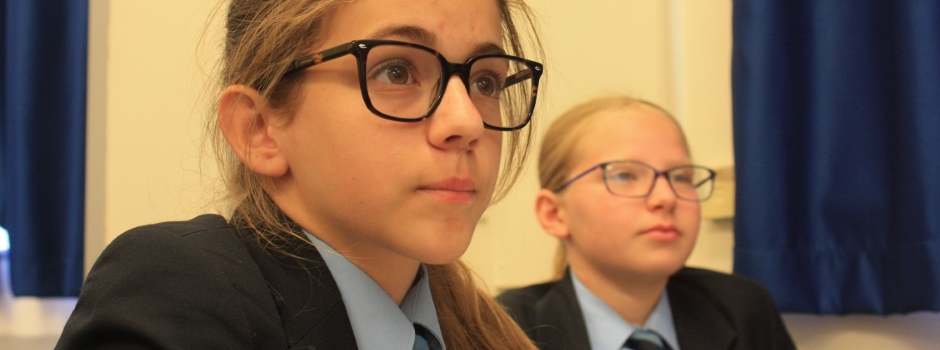






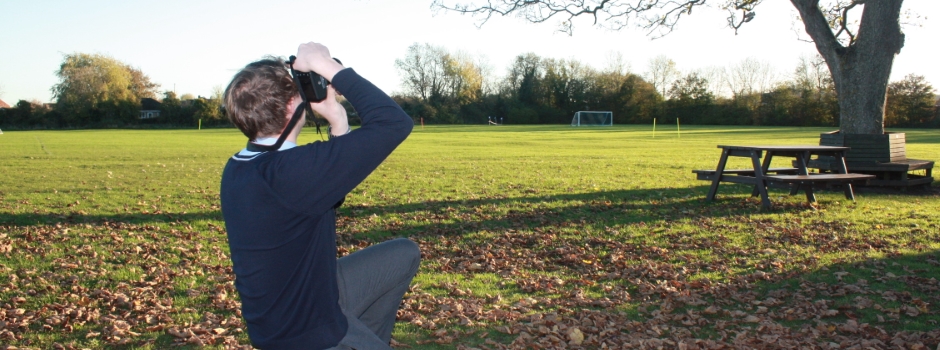



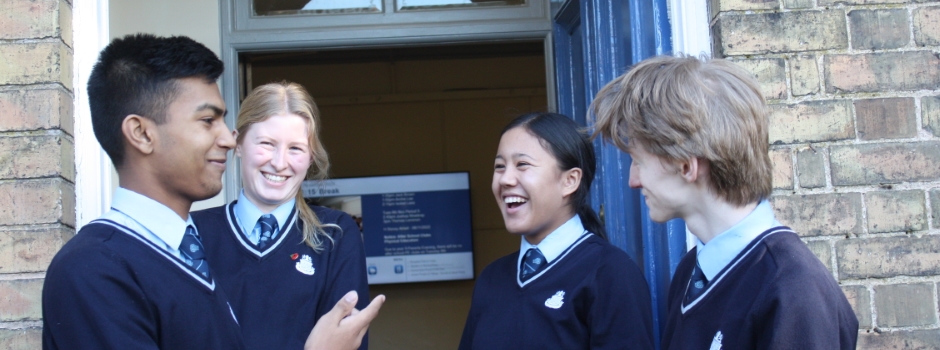




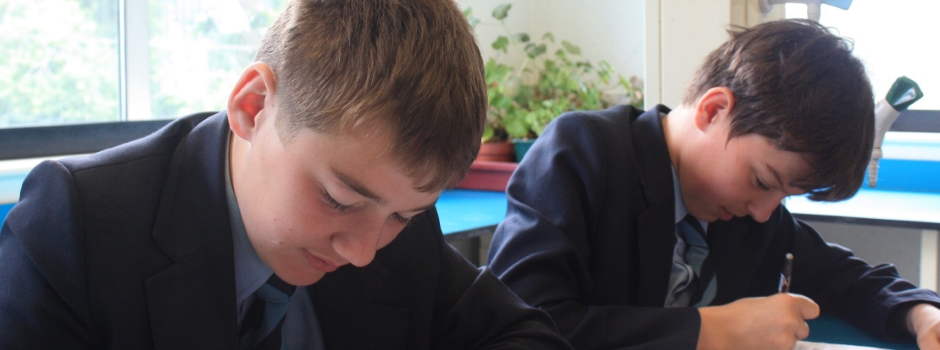





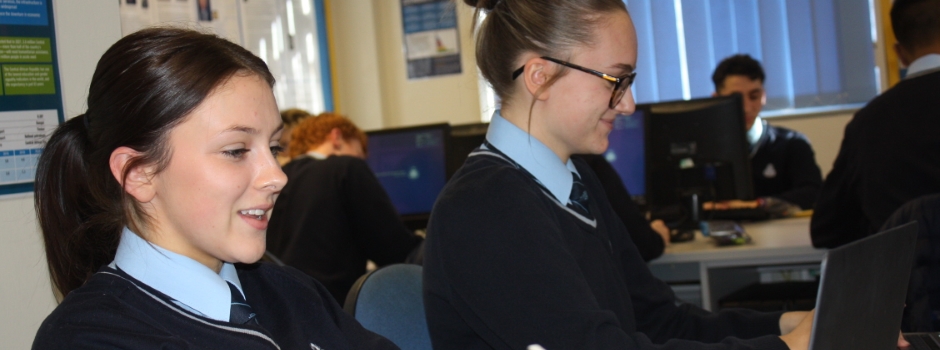

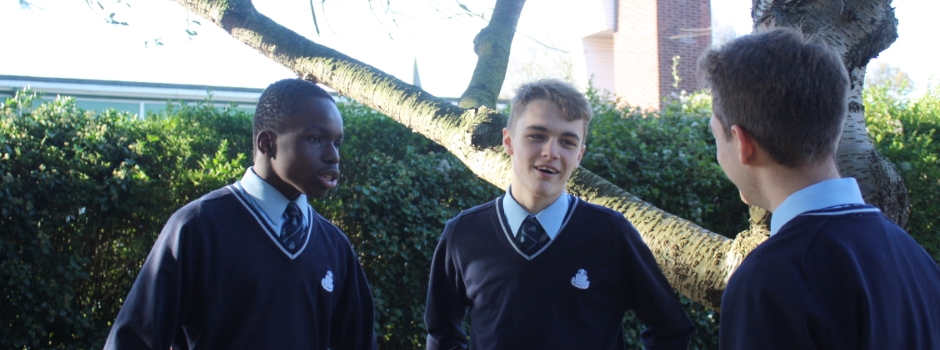











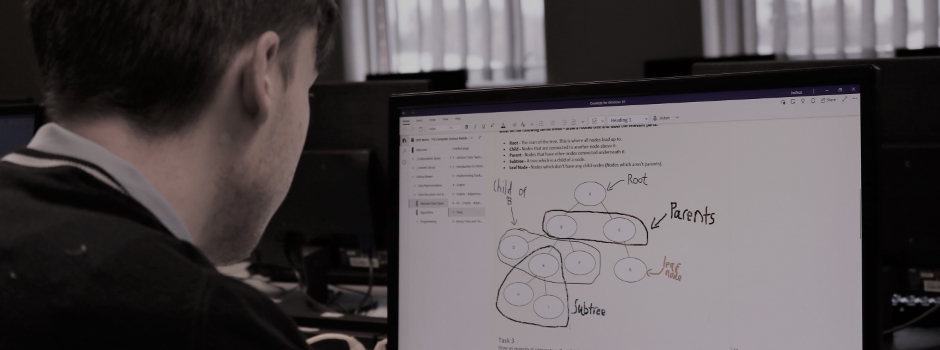









Religious Studies
Introduction
Our aim is to give students an opportunity to learn about and from other faiths and to reflect on different belief systems and world views, including non-religious points of view. Students are encouraged to celebrate cultural diversity and work towards a more tolerant society. Through learning Religious Studies, our hope is that students will feel able to integrate within our multicultural world more easily and they are given every opportunity to gain a qualification that reflects their ability and potential.
Facilities
The department benefits from a wide range of books in the library and also has its own dedicated classroom with access to books, displays and a number of religious artefacts.
Curriculum
In Year 7 and 8 students cover a wide range of topics including study of the life, work and teachings of Jesus, Muhammad and the Buddha, the importance of pilgrimage to religious believers, ultimate questions and ideas about creation and the importance of social justice and fairness in society.
All students begin their GCSE studies in Year 9, following the AQA Religious Studies A syllabus and currently take their final examinations in Year 10. The two main components are as follows:
Component one: Beliefs, teachings and practices in Christianity and Islam
Component two: Thematic Studies. This includes the following four themes:
- Religion and life
- Religion, peace and conflict
- Religion, crime and punishment
- Religion, human rights and social justice
The aim of the course is to challenge students with questions about belief, values, meaning, purpose and truth, enabling them to develop their own attitudes towards religious issues.
At A level students follow the OCR syllabus for Religious Studies. Students cover three main components in philosophy, ethics and the study of Buddhism. The course is designed to give a greater understanding and appreciation of religious beliefs and teachings as well as the disciplines of ethics and philosophy of religion. Students develop the skills of critical analysis and will need to respond to religious ideas in an informed and balanced manner.
General
Religious Studies is about the life experiences of people within our diverse world. Students are given the opportunity to experience how lives are influenced by religious beliefs through media, artefacts and trips. Students are also encouraged to work together, therefore promoting the ability to put forward their own views and opinions, whilst developing tolerant attitudes towards others within society and the wider community.
Staff
Please click on the link below for an up-to-date list of staff:

